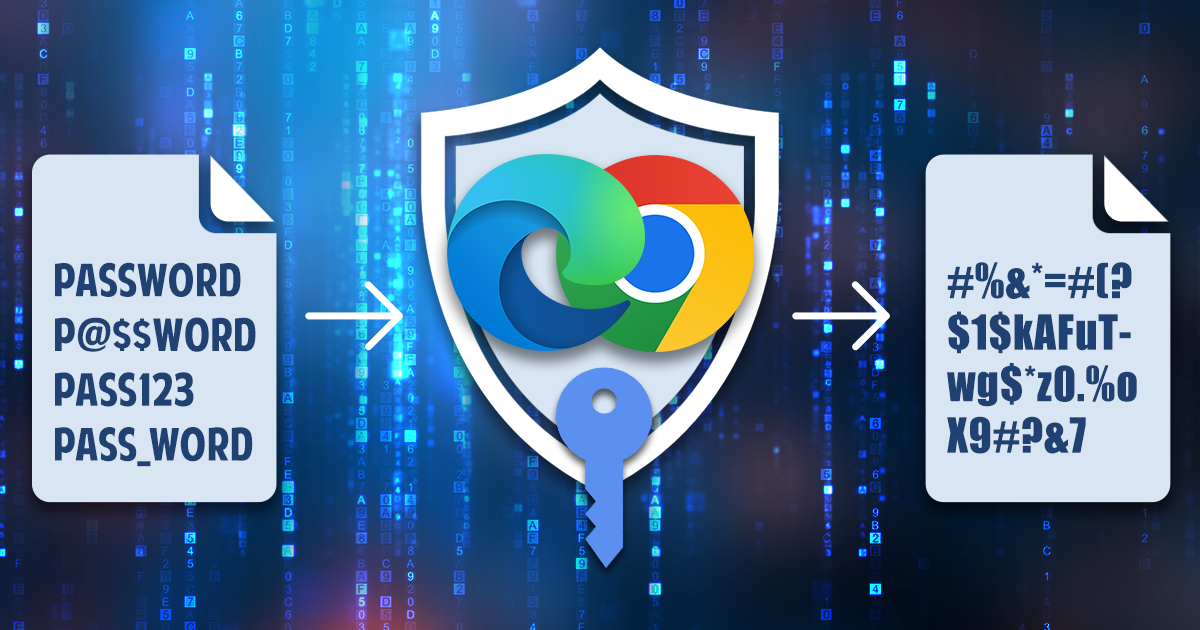Many Linux distributions including those used in off the shelf Network Attached Storage (NAS) devices have the ability to protect users’ data with one or more types of encryption. Full-disk and folder-based encryption options are commonly available, each with its own set of pros and contras. The new native ZFS encryption made available in OpenZFS 2.0 is designed to combine the benefits of full-disk and folder-based encryption without the associated drawbacks. In this article, we’ll compare the strengths and weaknesses of LUKS, eCryptFS and ZFS encryption.
Established NAS manufacturers often offer some kind of encryption to their users. While anyone can use “military-grade AES-256 encryption”, the implementation details vary greatly. Synology, Asustor, and TerraMaster implement folder-based encryption, while QNAP, Thecus, and Asustor (MyAcrhive) employ full-disk encryption; the full comparison is available here. In this article, we’ll have a look at encryption methods used in TrueNAS, a system commonly used by computer enthusiasts for building custom NAS servers.


